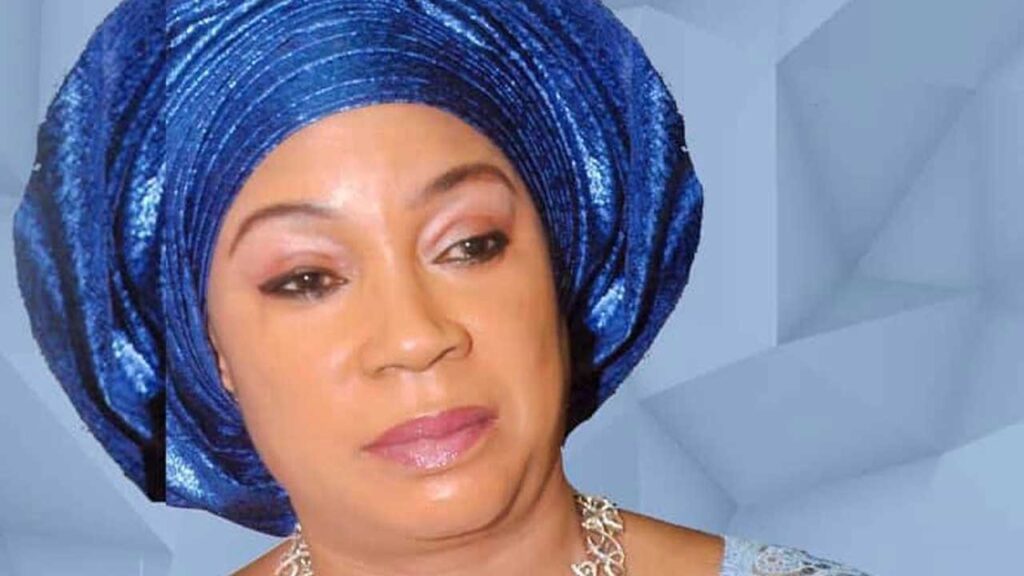The Rural Electrification Agency (REA) is a federal government agency established to provide electricity access to rural and underserved communities in Nigeria.
The agency has been embroiled in a scandal involving the alleged diversion of over ₦1.2 billion meant for electrification projects across the country.
In this blog post, we will examine the details of the scandal, the actions taken by President Bola Tinubu, and the implications for the agency and the nation.
So don’t leave this post. Hang on as we reveal everything you need to know.
Let’s delve in.
How did the scandal unfold?
The scandal came to light in February 2024, when a whistleblower exposed the fraudulent activities of some top officials of the REA.
According to the whistleblower, the officials had been inflating contracts, awarding projects to ghost companies, and diverting funds to personal accounts.
The whistleblower also provided evidence of bank statements, invoices, and receipts to back up his claims.
In fact, this same person alleged that the team lead of the REA, Ahmad Sahijo, was the mastermind of the fraud.
Furthermore, He went extreme to accuse Sahijo of colluding with three executive directors of the agency: Olaniyi Alaba Netufo (Corporate Services), Barka Sajou (Technical Services), and Sa’adatu Balgore (Rural Electrification Fund).
Together, they had allegedly siphoned over ₦1.2 billion from the agency’s budget between 2022 and 2024.
This is very bad news for Nigeria as it will affect our economy negatively.
The whistleblower also claimed that the officials had been using their influence to intimidate and harass other staff members who tried to expose or question their activities.
He said that he had been threatened and harassed by Sahijo and his cohorts after he reported the fraud to the presidency.
What did President Tinubu do? The Appoint of Ganduje’s Son
President Tinubu, who had campaigned on a platform of anti-corruption and good governance, acted swiftly on receiving the whistleblower’s report.
He ordered an immediate suspension of Sahijo and the three executive directors pending an investigation.
Tinubu also directed the anti-graft agencies to probe the allegations and recover any stolen funds.
President Tinubu also appointed new executives to fill the vacant positions in the REA.
Umar Abdullahi Umar, son of former Kano State Governor, Abdullahi Ganduje, is the new Executive Director, of Technical Services.

Umar is a civil engineer with over 15 years of experience in rural electrification projects.
He had previously worked as a consultant for several international organizations, including the World Bank and UNDP.
President Tinubu also appointed Ayoade Gboyega as the new Executive Director, Corporate Services.
Gboyega is a chartered accountant and a seasoned administrator with over 20 years of experience in the public and private sectors.
He had previously served as a director in several ministries and agencies, including the Ministry of Finance and the Bureau of Public Enterprises.
Furthermore, President Tinubu appointed Doris Uboh as the new Executive Director of, the Rural Electrification Fund.

Uboh is a lawyer and a development expert with over 18 years of experience in rural development initiatives.
She had previously worked as a senior manager in several NGOs and foundations, including Oxfam and Ford Foundation.
President Tinubu said that these appointments were based on merit and competence and that he expected them to restore confidence and credibility to the REA.
He also urged them to work diligently and transparently to deliver on their mandate of providing electricity access to millions of Nigerians living in rural areas.
What are the implications of the scandal?
The scandal has exposed the rot and corruption that have plagued the REA for years.
The agency has been accused of failing to deliver on its core objectives of expanding electricity access, reducing energy poverty, and promoting renewable energy sources.
According to a report by Power for All, Nigeria has one of the lowest rates of electricity access in Africa, with only 55% of its population having access to grid electricity, and only 10% having access to off-grid solutions.
The report also estimated that Nigeria loses about $29 billion annually due to inadequate electricity supply.
The scandal has also cast doubt on President Tinubu’s anti-corruption credentials.
Moreover, some critics have questioned his decision to appoint Umar Abdullahi Umar, son of Abdullahi Ganduje, as one of the new executives of the REA.
In fact, they have pointed out that Ganduje himself was involved in a bribery scandal in 2018 when he was caught on camera allegedly receiving millions of dollars from contractors.
They have argued that President Tinubu’s appointment of Umar was a political move to appease Ganduje, who is a key ally and supporter of his administration.
However, some analysts have defended President Tinubu’s appointment of Umar, saying that he is qualified and competent for the job.
Nigeria’s Hope And Appreciation on Tinubu Action
Major Populations of Nigeria have praised President Tinubu for taking decisive action against the suspended officials and ordering a thorough investigation into their conduct.
Furthermore, Nigerians expressed hope that President Tinubu will follow through on his promise to ensure accountability and transparency in the REA and other public institutions.
The scandal has also highlighted the need for more oversight and reform in the REA and the power sector in general.
Some experts have called for the establishment of an independent regulatory body to monitor and evaluate the performance.
They also suggest they should an eye on compliance of the REA and other agencies involved in rural electrification.
These experts also called for the strengthening of the whistleblower policy and the protection of whistleblowers from harassment and intimidation.
However, this set of people also urged the government to increase funding and support for rural electrification projects, especially those that use renewable energy sources such as solar, wind, and hydro.
The scandal has also underscored the importance of rural electrification for Nigeria’s socio-economic development.
These are:
- Rural electrification is vital for improving the quality of life, enhancing productivity, creating jobs, reducing poverty, and promoting environmental sustainability.
- Rural electrification can also contribute to national security by reducing the vulnerability of rural communities to insurgency and banditry.
Therefore, the government and other stakeholders must work together to ensure that rural electrification is available efficiently, effectively, and equitably to all Nigerians.
